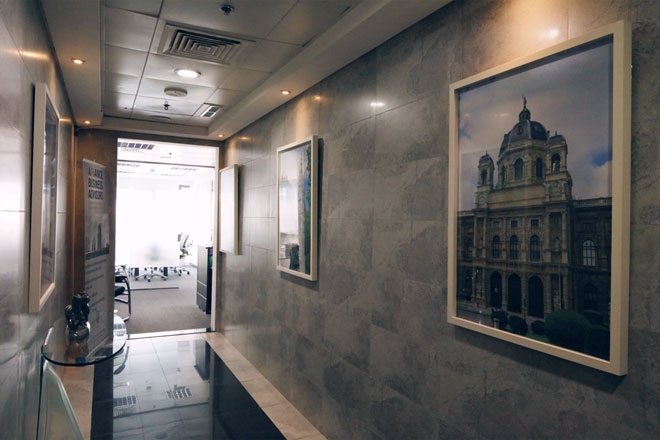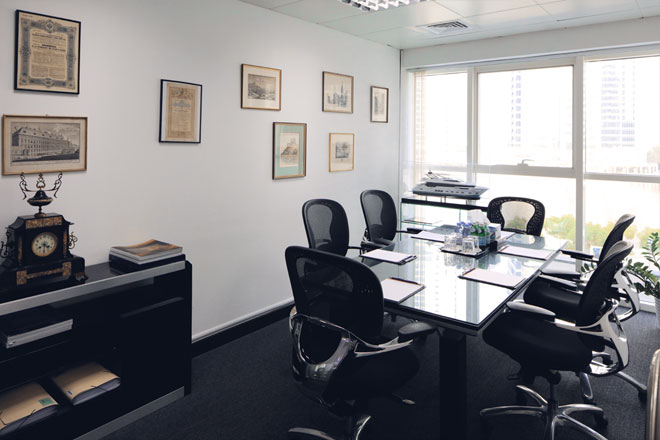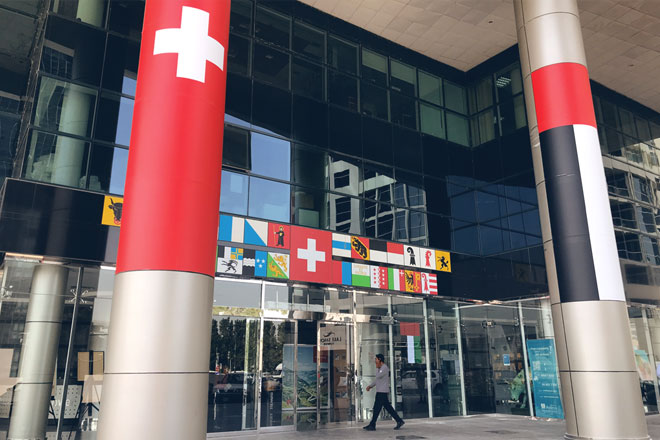
Experts have noted a significant change in the arbitration environment in the countries of the Middle East. Positive changes in local legislation affected the general region attractiveness for arbitration.
Among the advantages of international arbitration over litigation, many cite a high level of confidentiality. This feature often plays a crucial role in choosing a dispute resolution system, since business is often susceptible to issues of disclosure of commercial information, and their reputation is a critical element that must not be harmed. However, in this regard, there are no uniform standards applied to all arbitration systems, even within the same region. As a rule, the general level of confidentiality applicable to the proceedings and the decision of the arbitral tribunal depends on the local legislation of the jurisdiction in which the arbitration takes place, as well as on the applicable rules that are set forth by the parties in the arbitration agreement. This also applies to the arbitration environment in the Middle East, so before choosing the specific jurisdiction in which this arbitration will take place, one should first familiarize with the local rules applicable to confidentiality. Thus, for example, according to the DIFC-LCIA Arbitration Rules, in the free zone of the Dubai International Financial Center (DIFC) there are much stricter privacy rules than, for example, in the jurisdiction of the International Chamber of Commerce (ICC) in Oman.
Disputes over the level of confidentiality that should be applied in international arbitrations and whether confidentiality requirements should be mitigated do not end around the world. The business interests of the parties are in favor of maintaining a high level of confidentiality because in many matters arbitration proceedings touch upon sensitive issues. As for the arguments in favor of more open processes, they are associated with the development of a system of decisions that are not related to the involvement of an arbitrator, that is, we learn from the mistakes of others, and each precedent is a source of valuable experience for other companies.
Gender features
It is recognized that gender imbalance in the arbitration system is a global problem. The whole system is significantly losing due to the lack of a sufficient number of women arbitrators. In different countries, various steps are taken to correct this situation, but the overall result, alas, is far from ideal.
As for the countries of the Middle East, here, the situation in this matter is not much different from the global one. There are still very few women at local arbitration tribunals. Also, the situation is aggravated by the fact that the parties usually prefer the arbitrators with whom they have already worked or those who have a “dominant name,” so it is difficult for women to break into this industry. It should be noted that this market still gradually reacts to changes. We can see positive trends even now, so in the near future, the situation with gender imbalances is likely to change.
Development trends
Another topic often discussed in the Middle East is the impact of the spreading of regional arbitration centers on the general environment. Is it good that local centers are becoming increasingly popular replacing such historically recognized ones as Paris, Geneva, Hong Kong, and London?
Of course, there is no definite answer to this complex question, but regional centers have several advantages, for example, accessibility. We cannot ignore the fact that the costs of arbitration are often quite substantial, especially when it comes to the costs of moving and working groups of lawyers in London or Geneva. The more accessible is the arbitration, the better it is for the business environment as a whole.
Although the countries of the Middle East are just beginning to work on their authority in the field of international arbitration, they already have something to offer in this area.









